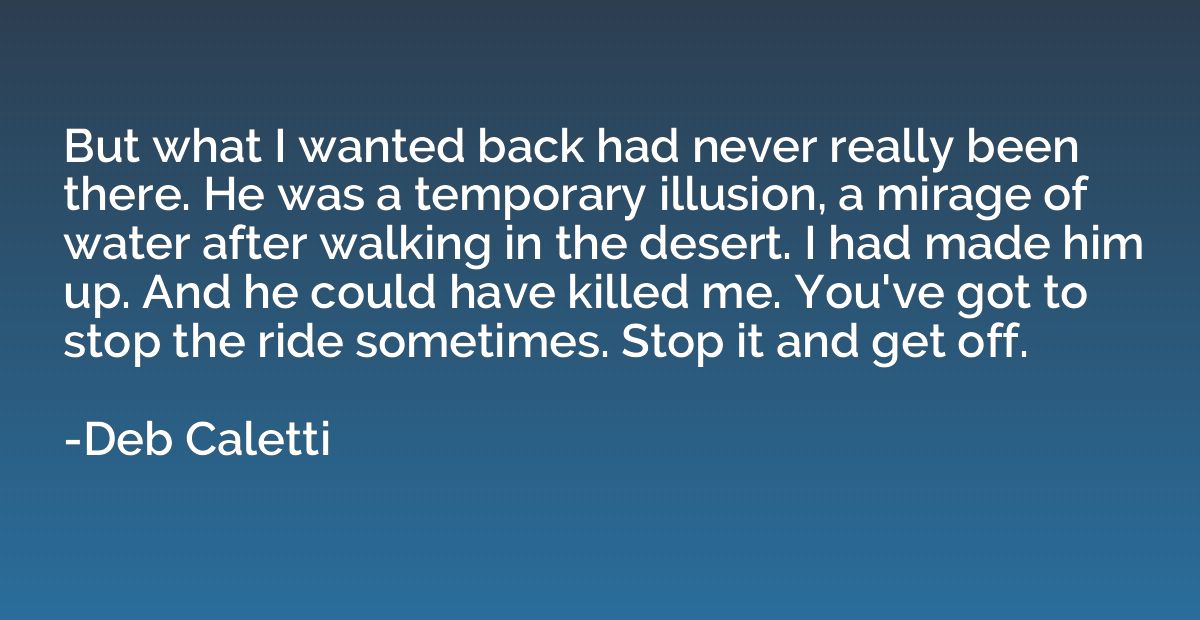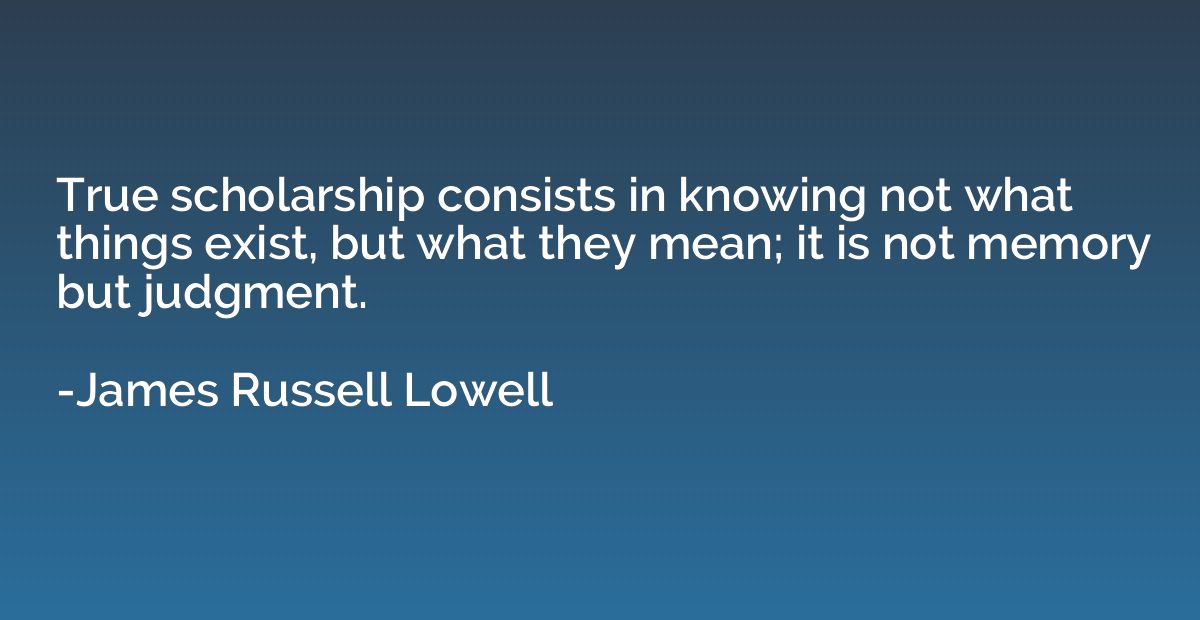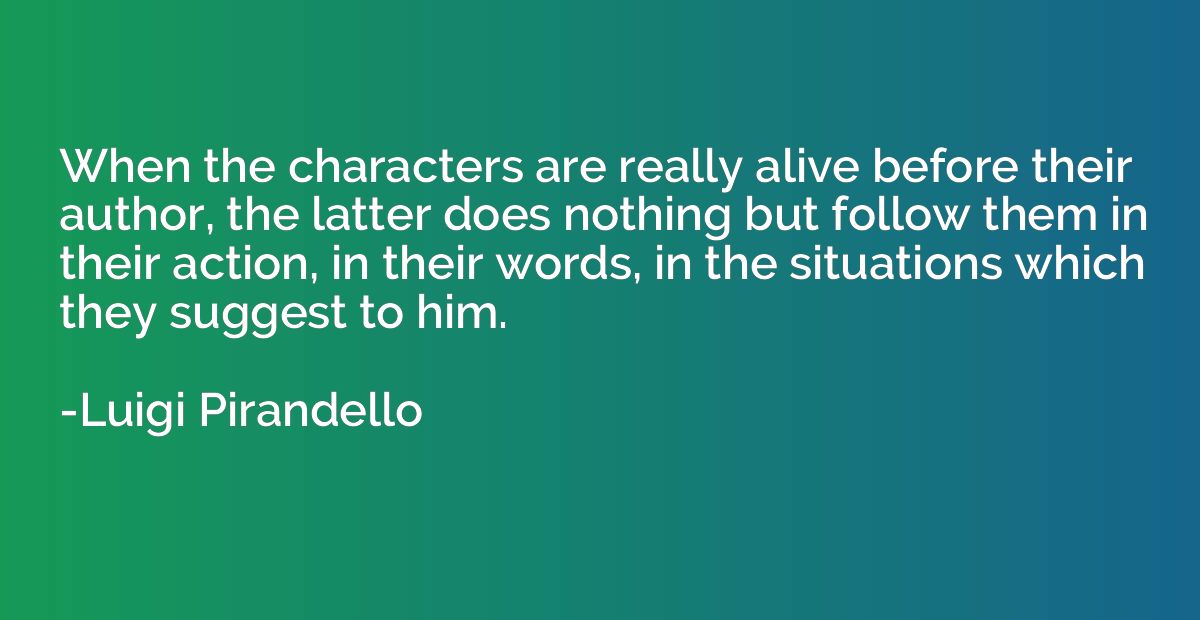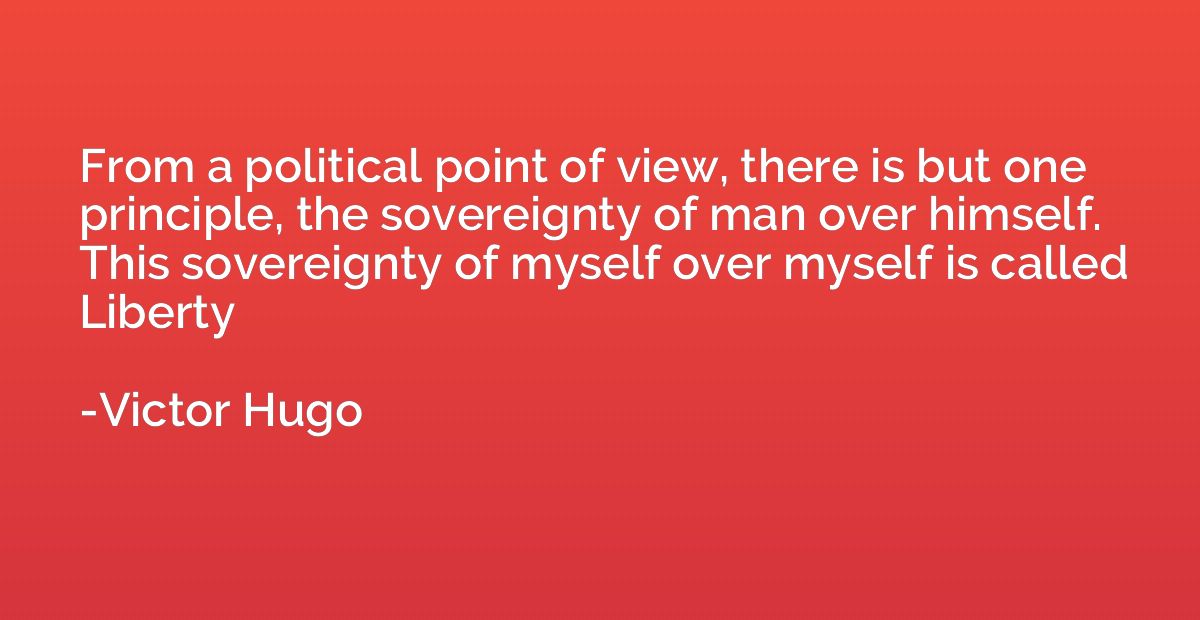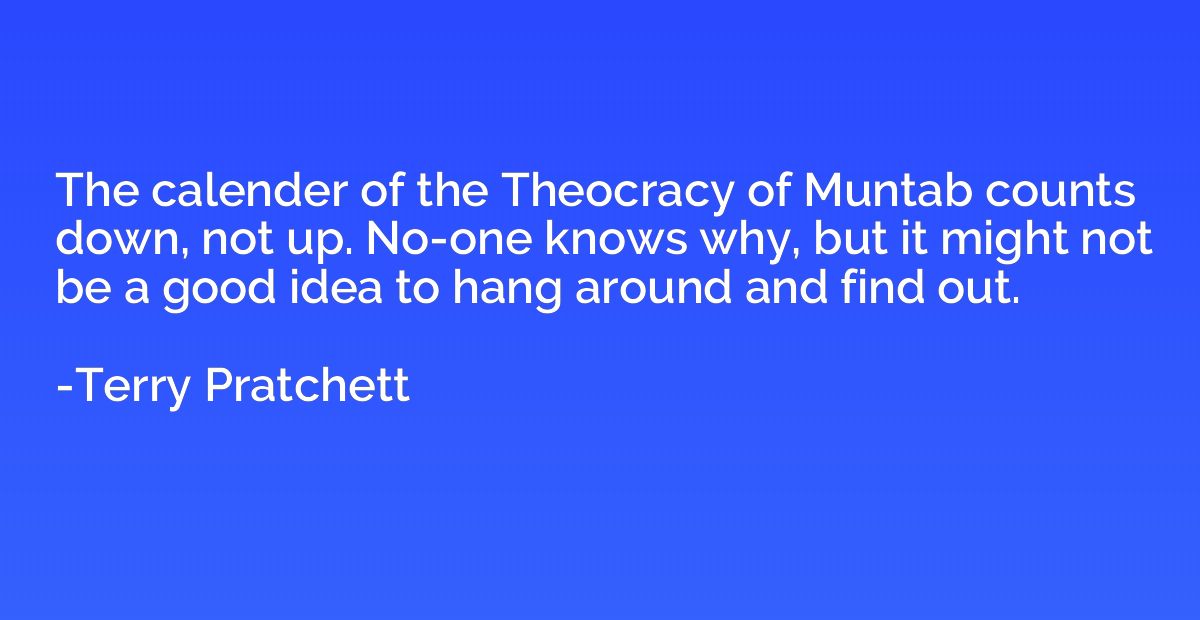Quote by Joaquin Miller
Behind him lay the gray Azores, Behind the gates of Hercules;Before him not the ghost of shores,Before him only shorless seas.The good Mate said, Now we must pray,For lo! the very stars are gone.Brave Admiral, speak, what shall I say?Why say, 'Sail on! sail on! and on!My men grow mutinous day by day;My men grow ghastly wan and weak!The stout Mate thought of home; a sprayOf salt wavewashed his swarthy cheek.What shall I say, brave Admiral, say,If we sight naught but seas at dawn?Why, you shall say at break of day,'Sail on! sail on! sail on! and on!'They sailed. They sailed. Then spake the Mate;This mad sea shows its teeth tonight.He curls his lip, he lies in wait,With lifted teeth, as if to bite!Brave Admiral, say but one good word;What shall we do when hope is gone?The words leapt like a leaping sword;Sail on! sail on! sail on! and on!Then, pale and worn, he kept his deckAnd peered through darkness. Ah! that nightOf all dark nights! And then a speck --A light! A light! A light! A light!It grew, a starlit flag unfurled!It grew to be Time's burst of dawn.He gained a world; he gave that worldIts greatest lesson: On! sail on!based on the courageous determination of Christopher Columbus
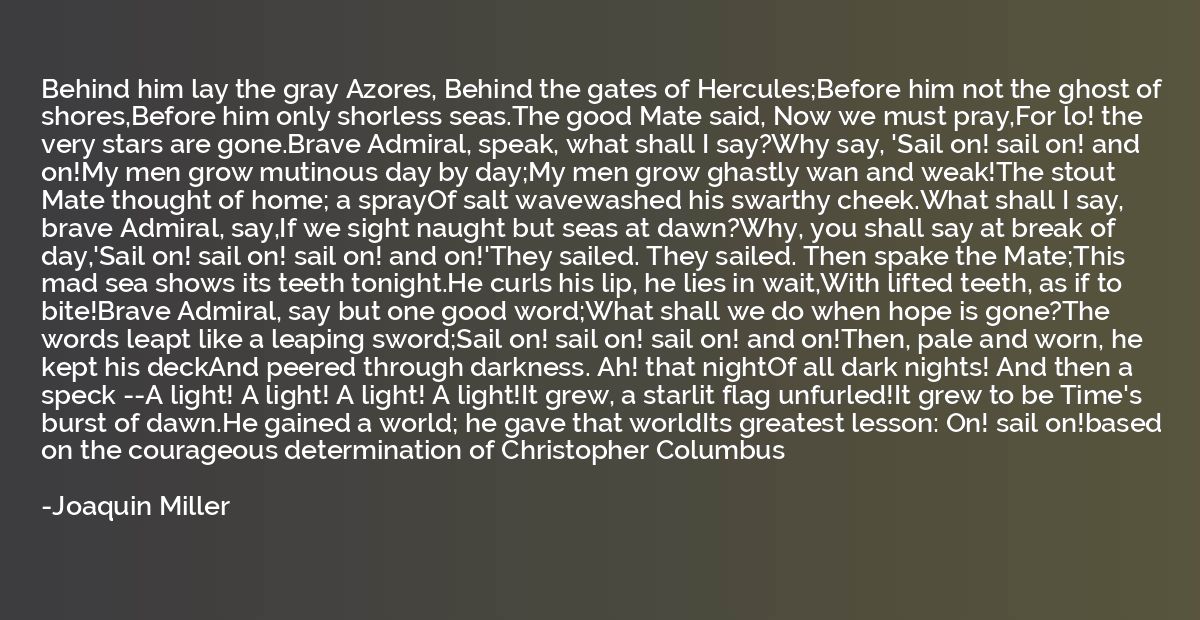
Summary
This quote, from the poem "Sail On!" by Ella Wheeler Wilcox, captures the unwavering determination and resilience of Christopher Columbus during his historic voyage. Despite facing adversity and the doubts of his crew, Columbus remains resolute in his pursuit of new lands. He encourages his men to have faith and persevere, even when hope is fading. This quote serves as a reminder of the importance of pushing forward despite the challenges encountered, and the profound impact that can result from such unwavering determination. Columbus's journey is portrayed as a lesson in courage and the power of resilience.





